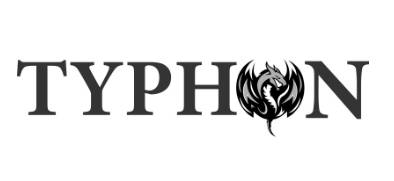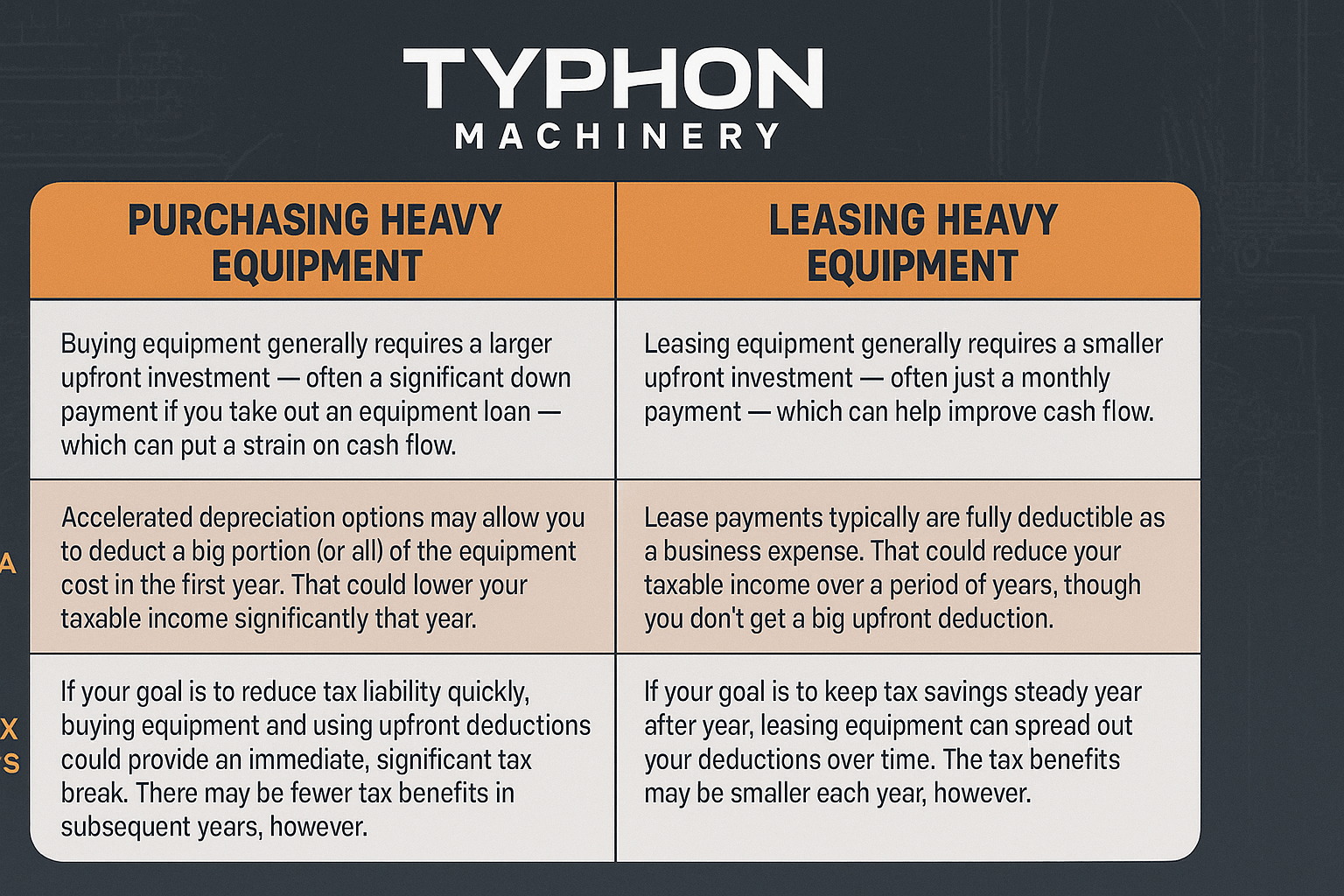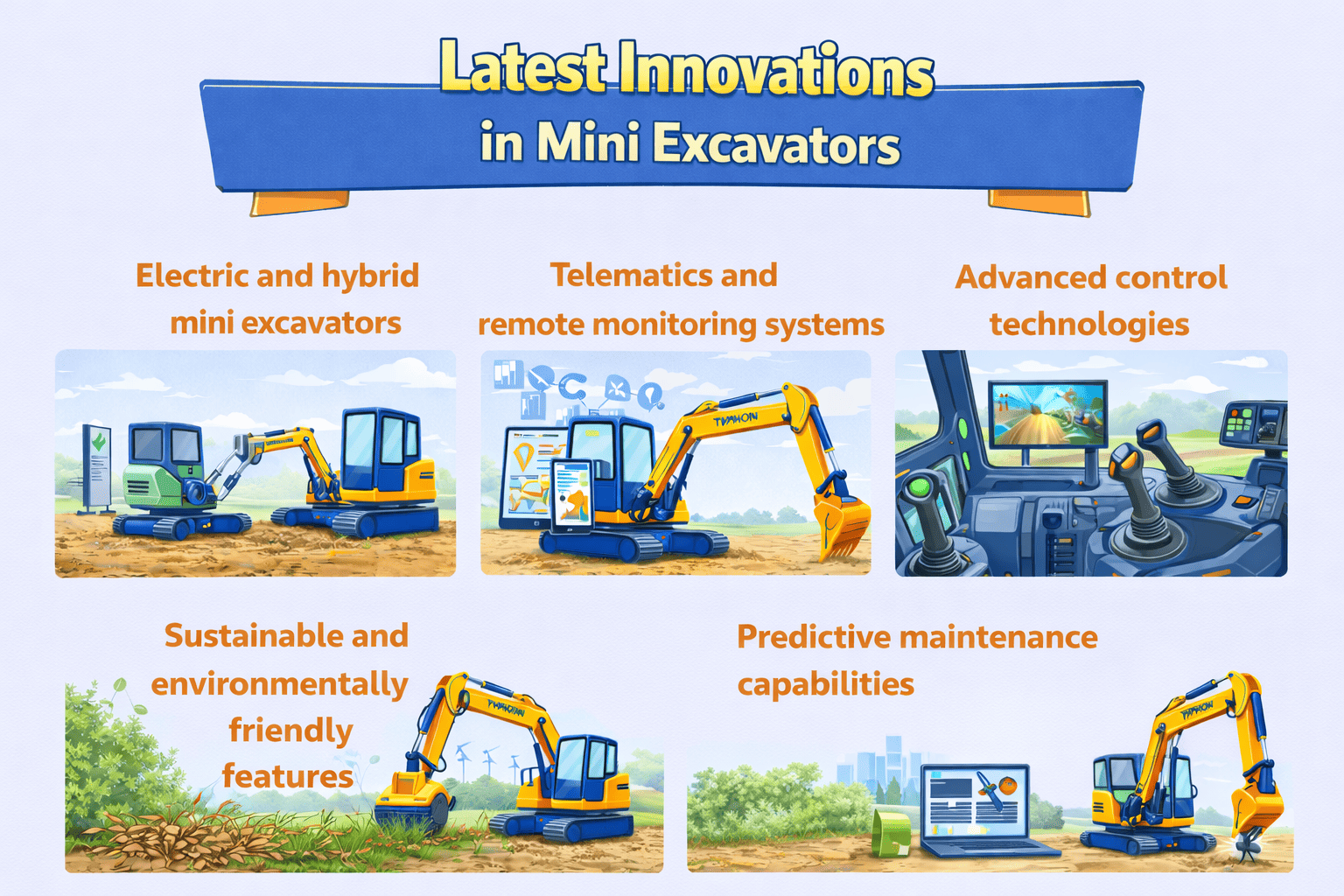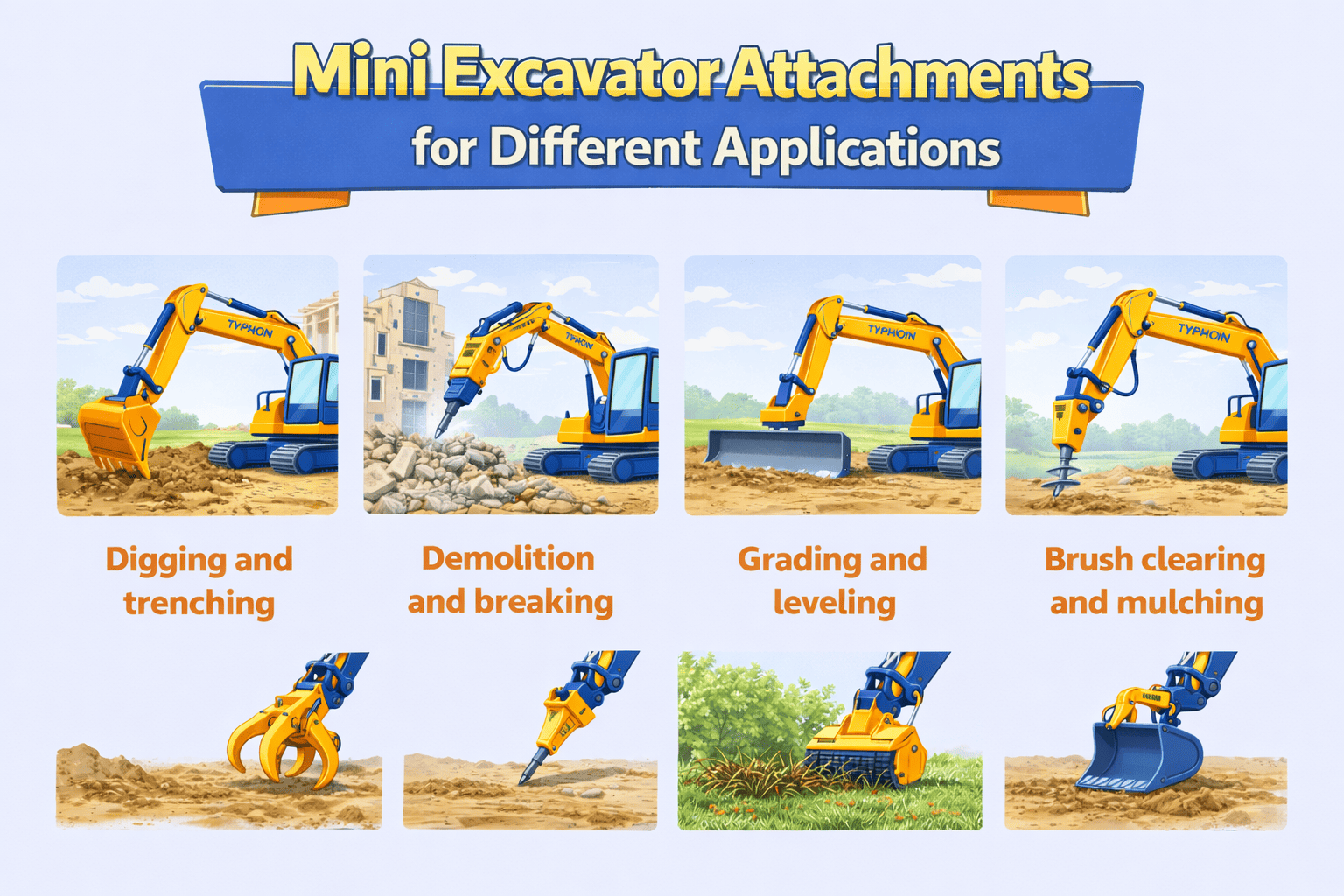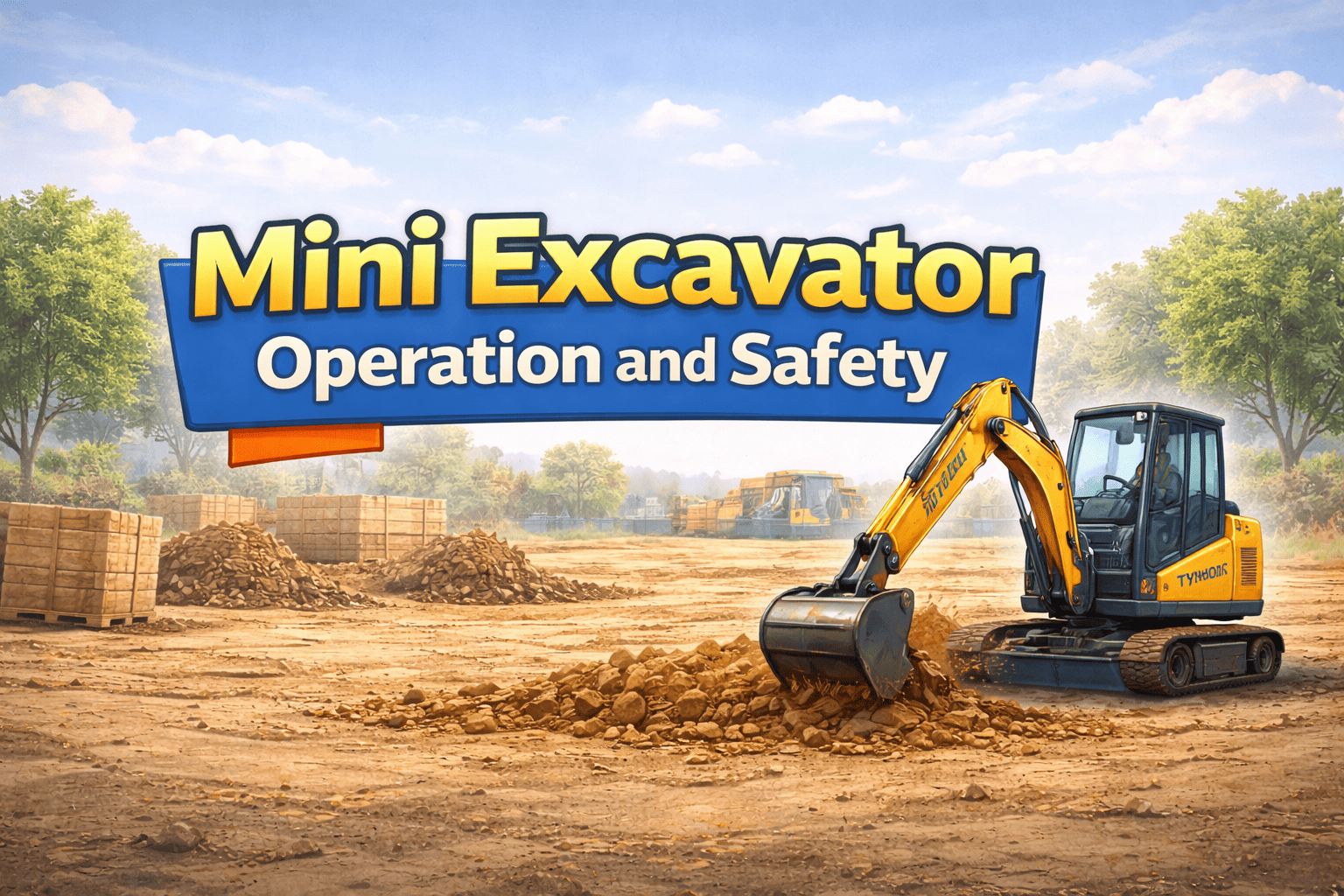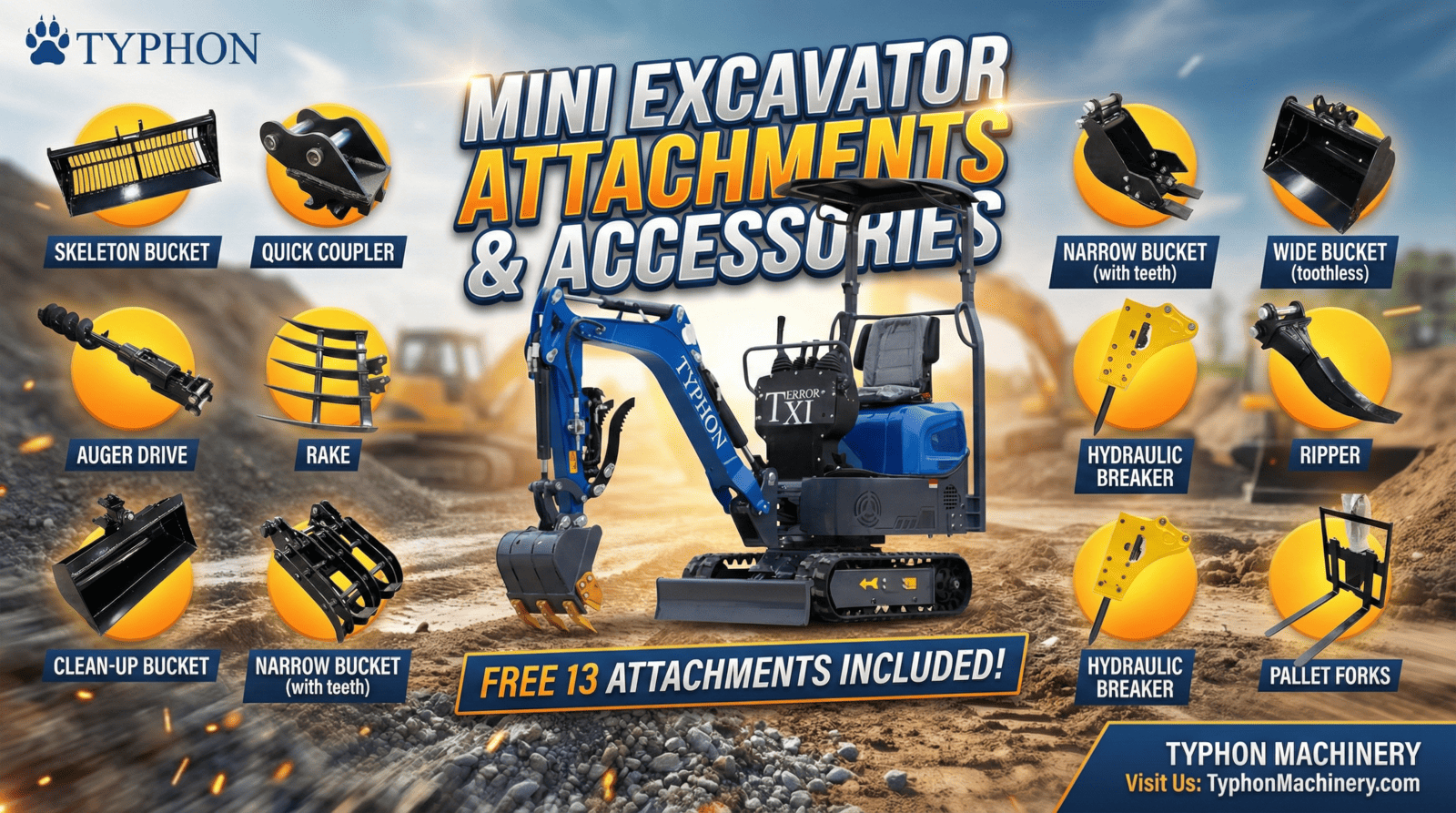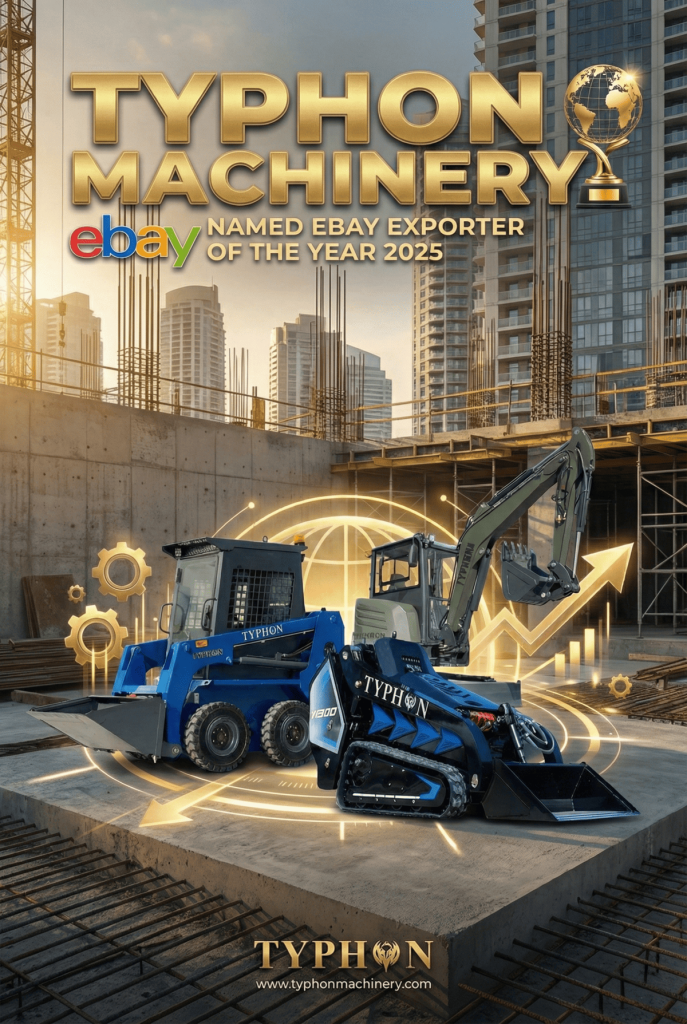Let’s be honest: nobody loves paying taxes. If you bought heavy equipment this year or plan to, you may save money on taxes. Here’s an outline of the primary heavy equipment tax deductions to be aware of.
NOTE: Because each business is unique, always consult a competent tax expert to determine what pertains to your situation.
Depreciation: Tax Deductions You Can Spread Out or Take Right Now
When purchasing heavy equipment like dozers, excavators, or loaders, the IRS allows you to stretch the expense over its “useful life” – the projected lifespan of the equipment. This method, known as depreciation, allows you to deduct a portion of the cost of the equipment each year, lowering your taxable income and bonus depreciation. The typical usable life of equipment is five, seven, or ten years, depending on the kind. Setting this right maximizes your deductions over time.
Three Ways to Accelerate Your Tax Savings
If you want larger tax deductions sooner so you may put the savings back into your business, talk to your tax professional about these “accelerated” depreciation options:
 Accelerating depreciation with the Modified Accelerated Cost Recovery System (MACRS) allows you to deduct a higher share of a machine’s cost in the early years and a lesser proportion thereafter. It’s a strategy to minimize your taxable income faster after purchasing pricey equipment. According to MACRS, heavy equipment has a usable life of five to seven years. Every year, you apply particular depreciation percentages based on your machine’s categorization. Categories and rates reflect the assumption that equipment loses value more quickly in the start of its life.
Accelerating depreciation with the Modified Accelerated Cost Recovery System (MACRS) allows you to deduct a higher share of a machine’s cost in the early years and a lesser proportion thereafter. It’s a strategy to minimize your taxable income faster after purchasing pricey equipment. According to MACRS, heavy equipment has a usable life of five to seven years. Every year, you apply particular depreciation percentages based on your machine’s categorization. Categories and rates reflect the assumption that equipment loses value more quickly in the start of its life.
 Maximizing Tax Savings for Business Equipment Purchases The IRS tax rules permits you to claim bigger deductions in the year you acquire a machine. If you purchase eligible new or used equipment, you can deduct the whole cost — up to a specific limit — that tax year. (Deduction and expenditure restrictions may change yearly.) For small to medium-sized firms, this depreciation approach can provide considerable tax reduction.
Maximizing Tax Savings for Business Equipment Purchases The IRS tax rules permits you to claim bigger deductions in the year you acquire a machine. If you purchase eligible new or used equipment, you can deduct the whole cost — up to a specific limit — that tax year. (Deduction and expenditure restrictions may change yearly.) For small to medium-sized firms, this depreciation approach can provide considerable tax reduction.
 Exploring Bonus Depreciation for Large Businesses allows you to deduct a big part of a machine’s purchase price in the first year and spread the remainder over subsequent years. Both new and old equipment are eligible, and they do not need to be functioning on a project. A machine in storage is eligible if it is ready to use.
Exploring Bonus Depreciation for Large Businesses allows you to deduct a big part of a machine’s purchase price in the first year and spread the remainder over subsequent years. Both new and old equipment are eligible, and they do not need to be functioning on a project. A machine in storage is eligible if it is ready to use.
Consider exploring bonus depreciation if you operate a larger firm or purchase multiple machines each year, as Section 179’s expenditure limit does not apply in these cases.member that the IRS tax law doesn’t always include this, and the proportion of the deduction may fluctuate.
Accelerated depreciation has its pros, but it doesn’t imply it’s the best option for your company. If you have certain financial goals, standard depreciation, which lets you spread out tax benefits over several years, can make more sense. Talk to a tax specialist about your alternatives before making a decision.
If you acquire only one or two machines each year, you should be able to stay within the cost restrictions of Section 179 and write off 100% of your purchases.
Is the Tax Write-off Different for Owned vs. Leased Equipment?
Depreciation deductions are available when purchasing equipment. Leasing equipment is different since you may usually claim your lease payments as a business cost rather than depreciation. You can begin taking future depreciation deductions if, at the conclusion of your lease, you decide to purchase the equipment.
Think about how each choice may impact your cash flow, section tax deductions, and total tax burden when choosing between purchasing and leasing:
| Purchasing Heavy Equipment | Leasing Heavy Equipment | |
|---|---|---|
| Cash Flow | Cash flow may be strained when purchasing equipment since it often necessitates a greater upfront expenditure, including a sizable down payment if you take out an equipment loan. | Leasing equipment generally requires a smaller upfront investment—often just a monthly payment—which can help improve cash flow. |
| Tax Deductions | You could be able to write off a significant amount of the equipment cost in the first year if you choose to use accelerated depreciation options. Your taxable income for that year could be much reduced as a result. | Generally speaking, lease payments are completely deductible as company expenses. Even though you don’t receive a sizable upfront deduction, it may lower your taxable income over a number of years. |
| Overall Tax Liability | Purchasing equipment and taking advantage of upfront deductions may offer a substantial tax reduction right away if you want to lower your tax bill as soon as possible. However, in later years, the tax benefits can be reduced. | Leasing equipment might help you stretch out your deductions over time if you want to maintain consistent tax savings year after year. However, the tax benefits can decrease annually. |
Don’t Overlook Potential State and Local Tax Incentives
Another approach to save money on heavy equipment purchases is through state and municipal tax benefits, however the section deduction differ greatly depending on the area.
- Sales tax exemptions: In some areas, heavy machinery utilized for a particular purpose (such as farming or construction) may not be subject to sales tax or may be subject to a reduced rate.
- Investment tax credits: To entice you to make local investments, certain states provide incentives. Depending on a machine’s cost as a percentage, you may be eligible for a credit against your state income tax.
- Reductions in property taxes: While heavy machinery may be subject to municipal property taxes, in certain places, these taxes may be lowered or eliminated for machines utilized for particular kinds of tasks.
- Energy efficiency incentives: In certain places, purchasing equipment that uses alternative fuels or complies with energy efficiency regulations may entitle you to further tax credits or refunds.
Explore the offerings on the websites of state governments, regional offices of economic development, and trade groups. Afterward, please consult your tax expert to determine what you qualify for.
Check with your local tax professional on ways you can save on heavy equipment purchases.
Detailed Record-keeping is a Must
You must maintain thorough records in order to claim any deductions. To properly manage depreciation, your tax adviser need documentation of a machine’s purchase price, usage, and date of installation. And if your claims are ever questioned by the IRS or state tax authorities, you’ll want that information handy.
Here are some pointers for maintaining records:
 Predictable Slowdowns: It is frequently possible to predict seasonal weather conditions. For instance, the colder months may result in project delays, and the demand for construction services may be lower throughout specific seasons of the year.
Predictable Slowdowns: It is frequently possible to predict seasonal weather conditions. For instance, the colder months may result in project delays, and the demand for construction services may be lower throughout specific seasons of the year.
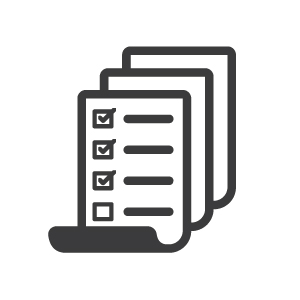 Unpredictable but Common Challenges: While some variables may be predicted, others, such as supply chain interruptions, political shifts, and economic disasters, are harder to foresee but can have a significant influence on how businesses operate.
Unpredictable but Common Challenges: While some variables may be predicted, others, such as supply chain interruptions, political shifts, and economic disasters, are harder to foresee but can have a significant influence on how businesses operate.
 What a Company Needs to Survive: Businesses must have additional cash on hand to get through slow times. Expanding into different kinds of employment during off-seasons also helps to sustain the firm.
What a Company Needs to Survive: Businesses must have additional cash on hand to get through slow times. Expanding into different kinds of employment during off-seasons also helps to sustain the firm.
